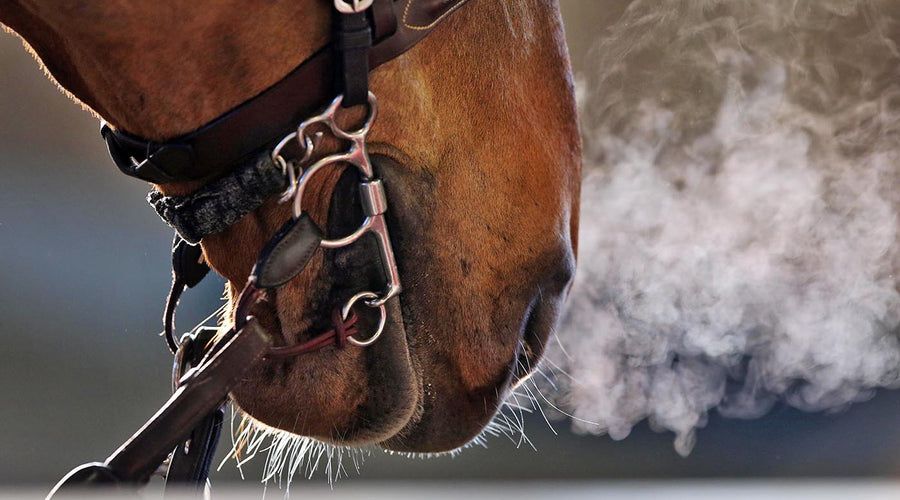Respiratory
Is an Annual Booster Sufficient to Protect my Horse from Equine Influenza?
As we all found out last year, equine influenza (EI) is a highly contagious respiratory disease. Mandatory vaccination for Thoroughbred racehorses has been implemented in the UK and Ireland for nearly 40 years. Vaccin...
Read More
How long does equine herpesvirus type‐1 persist in the environment?
Equid herpesvirus type 1 (EHV‐1) is widespread in equine populations. Whilst the majority of horses have been exposed to this virus by 1 year of age, and typically experience only mild respiratory disease, viral infec...
Read More
New recording technique to detect a difficult-to-diagnose equine heart condition
Use of a new electrocardiogram (ECG) technique to detect an abnormal heart rhythm called paroxysmal atrial fibrillation (PAF) has been described in Nature Scientific Reports (Alexeenko et al., 2020). PAF causes rapid,...
Read More
Sweet-Itch, Equine Asthma & The Gastrointestinal Tract
A large component of immunity is linked to what is going on within the gastrointestinal tract and a large amount of the body’s immune cells reside within the gastrointestinal tract (Vighi et al. 2008). The gut microbi...
Read More
Could you be allergic to your Horse?
We are used to hearing about people who are allergic to cats and dogs but possibly less familiar with hearing about people who are allergic to horses. Perhaps 15 years ago Horse and Hound ran an April Fool’s day spoof...
Read More
Your horses’ ECG and heart rate on your mobile phone!
There was a time when a horses’ ECG would be studied in specialist clinics only with the horse standing attached to a large piece of equipment like the one featured (1) (rescued from a skip at the Animal Health Trust ...
Read More
Latest research into heart rates of horses during cross-country in eventing
A horses’ heart rate (the number of times its beat per minute) tells us how hard it working. The harder the horse works the higher the heart rate. It’s the equivalent of the rev counter in a car which tells us how har...
Read More
The Importance of Improved Airway Hygiene in Equine Asthma
Even mild equine asthma impairs oxygen uptake in the lungs and decreases athletic performance and in older horses and horses not in work can lead to loss of condition. Horses with asthma are frequently treated with st...
Read More
Why do horses "Snort"? An Itchy nose or an indication of stress?
A scientific study just published from a group of researchers at the University of Normandie in France asked the question "Could snorts inform us on how horses perceive riding?”
Many owners are aware of the research i...
Read More










